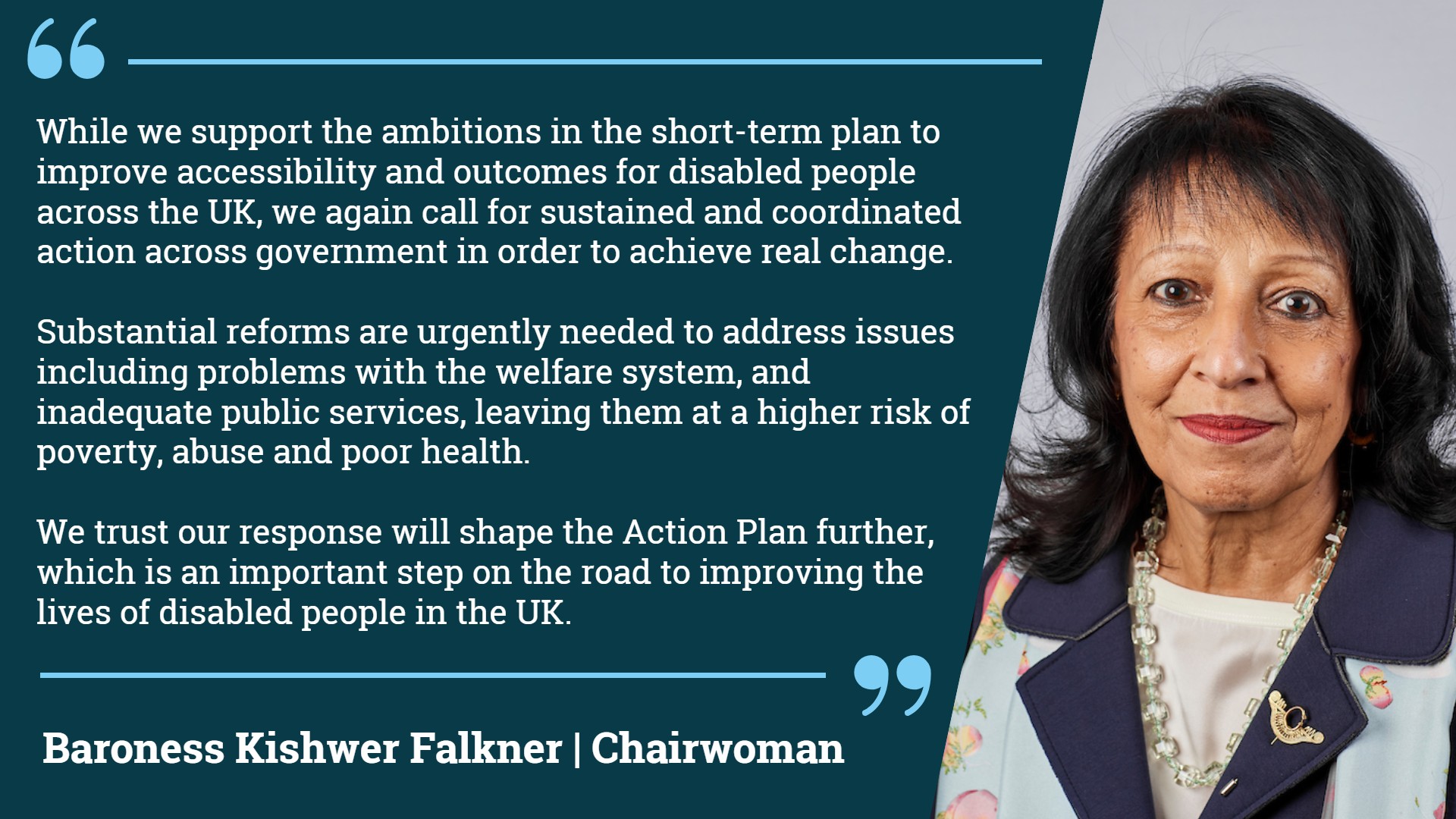|
Our call for the UK Government toend harmful conversion practices | |  |
We have reached out to the Minister for Women and Equalities to emphasise the importance of the government's commitment to publish a draft Bill aimed at banning harmful conversion practices for pre-legislative scrutiny in Parliament.
These practices, which target changing an individual's sexual orientation or understanding of their own gender, can cause significant harm to those with protected characteristics related to sexual orientation and gender reassignment. We have consistently supported initiatives to end such practices, engaging with government consultations on the matter in 2021.
The complexity and sensitivity of this issue make it imperative to approach any legislation with great care.
Our primary goal is to ensure that a robust ban effectively protects individuals with protected characteristics while preserving the provision of appropriate care and support, as well as safeguarding religious freedoms. We eagerly await the inclusion of this legislation in the forthcoming King's Speech and stand ready to offer expert advice on the equality and human rights implications of proposed measures.
| | | | Read our letter to the Minister for Women and Equalities | |
|
|
Scottish Qualifications Authority improves equality practices
We are pleased to announce that the Scottish Qualifications Authority (SQA), responsible for educational awards in Scotland, has taken significant steps to enhance its equality practices, following the completion of a legal agreement with us.
We entered into an agreement with the SQA in September 2021, focusing on improving equality practices. This included completing outstanding Equality Impact Assessments for legacy policies and developing a more robust approach to assessing new policies.
We had raised concerns about the SQA's compliance with the Public Sector Equality Duty (PSED), noting that it was not routinely assessing the impact of its policies against the PSED's three key principles: eliminating discrimination, advancing equality of opportunity, and fostering good relations between different groups.
The SQA has since completed the review of its outstanding Equality Impact Assessments, introduced training and guidance for such assessments, and established a new governance structure for their regular completion. After monitoring the plan's delivery, we are now satisfied with the SQA's compliance and expects to see consistent conduct of Equality Impact Assessments.
| |  | |
|
|
Call for urgent reform in response to
UK Government's
Disability Action Plan consultation | |  | | We have published our response to the UK Government’s consultation on its Disability Action Plan for 2023/24, highlighting that substantial reforms are needed to address issues across the welfare system and public services.
The consultation in question was initiated by the Disability and Equality Hub of the UK Government, underscoring the importance of the subject matter and the need for our active participation in shaping policies that affect us all.
Our response follows the comprehensive update we shared in August with the UN Committee on the Rights of Persons with Disabilities. In this report, we shared our analysis of the progress made by both the UK Government and devolved administrations in Wales and Scotland in promoting and safeguarding disability rights across the UK.
| |  | | | Read our response to the UK Government’s consultation on its Disability Action Plan for 2023/24 |
|
|
|
Worker Protection Bill
Workplace sexual harassment remains a persistent issue, especially for women and the LGBT community. It can have damaging effects on people’s careers, mental and physical health.
The Worker Protection Act becoming law is an important step towards ensuring that everyone can feel safe at work. The new legislation introduces a proactive duty on employers to take all reasonable steps to prevent sexual harassment in the workplace.
To support employers, we will update our technical guidance on sexual harassment to reflect the new duty. This will set out the steps that employers should take to comply with the law. The guidance will be subject to a full consultation.
Every employer, no matter how big or small, is responsible for protecting its workforce from unlawful harassment at places of work. We will continue to take action where we find evidence of wrongdoing and hold employers to account by using our unique legal powers. |
|
|
|
Online Safety Bill | |  |
The Online Safety Act has now become law marking an important step in making sure that social media and search services are properly regulated and that we are all protected from unlawful abuse and harassment online.
Now that the Bill has passed, we look forward to working with The Office of Communications (Ofcom) to balance these new protections with the rights to freedom of expression and privacy.
Although this is a vital first step in addressing harmful content and behaviour online, it is clear we have reached a pivotal moment in the development of the digital world. The growth of generative artificial intelligence and Large Language Models pose novel risks and threats to equality and human rights. We will continue to work with Ofcom and Government to understand and address these risks. | | | Read our response to the Online Safety Bill | |
|
|
New members to Scotland Committee
Four new members have been appointed to the Equality and Human Rights Commission Scotland Committee.
The Committee provides impartial advice to the EHRC and its Board, on a range of complex issues relating to Scotland. This helps ensure the EHRC delivers its functions in a manner appropriate to Scotland and learns from the Scottish experience of equality and human rights.
The new committee members are: - Professor Adam Tomkins
- Dr Lesley Thomson KC
- Mandy Rhodes
- Arlene Stokes
| | | Read new committee members biographies |
|
|